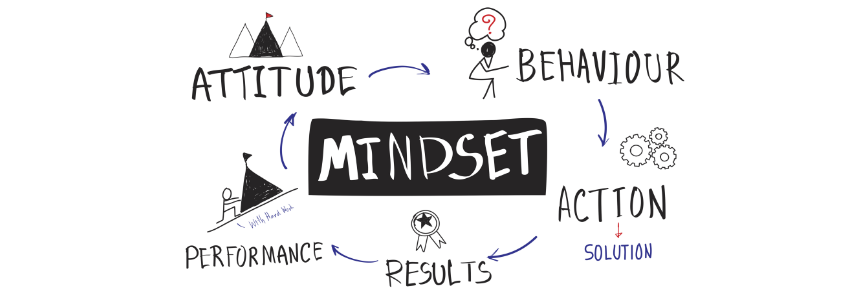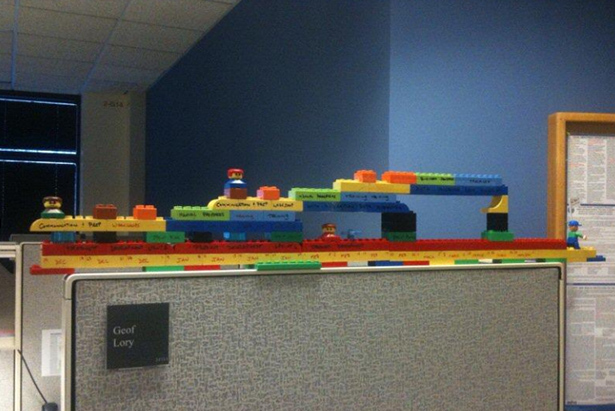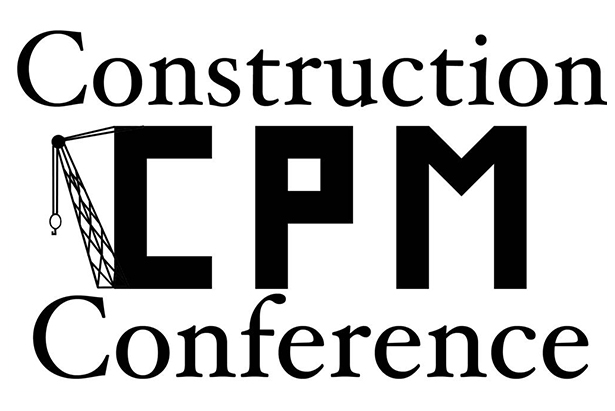Project Managers: Deepen Your Skills with These Courses!
I’ll break this into three categories:
1. Courses I’ve taken and recommend
a. The University of Chicago Graham School, postgraduate Project Management Strategy certificate series. I took this series of courses and enjoyed the quality of the program. I learned quite a bit about project management, which is saying something, since I had already earned my PMP and for over a decade had been fully engaged with one of the preeminent construction project management firms in the world. I particularly appreciated the Negotiation class. What are project managers if not negotiators? Read More
Benefits of Using Weather Data When Project Planning
We all intuitively understand that we have to plan around the weather: What will the temperature be? Will my morning drive be icy? But for professional planners and schedulers weather is higher-stakes: an unexpected few days of rain can cause a project to be completed later than contractually agreed. Managing these risks matters – but exactly what risks does weather pose? How do we think about them?
Identifying and Eliminating Barriers in Collaboration
The Collaboration Communication Conflagration
Fire The Close Minded Leader
Collaboration is not possible without communication. Communication can be a tricky thing. Merely talking is not enough to accomplish communication. In order to communicate effectively you have to encode your message send it to the receiver, the receiver has to receive and decode the message and then acknowledge that they have received the message. It seems like a lot of overhead but it’s an important distinction.
Another Amazing Discovery by Dr. Gui on Risk Analysis Current Practice
Safe Float – what is it and how does it impact the risk analysis process?
Let’s just delve right in to this. In the model below we can see that there are three activities with finish to start relationships. The duration for each activity is 30 days. There is a 10 day gap between each activity (this is a feature of GPM based on planned dates) The float value is displayed beneath each activity with 54 for Activity (A). Read More
Hey, Schedule Risk Analysis – Your Math is Wrong
“Pure mathematics is, in its way, the poetry of logical ideas.” – Albert Einstein
Many believe that Einstein struggled with math, but that is a myth. In fact, he excelled in mathematics from a very young age. I imagine Einstein working on countless equations in a large room filled with chalkboards, hands covered in chalk as his greatest mathematical contributions poured from his mind, only for many benefactors to forsake them!
Despite the fact that math is generally a logical science, the art of estimation has never been further from accuracy than it is in the arena of planning and scheduling. There is a reason for this.
Read More
LEGO Scheduling
I was talking with a project manager the other day who was frustrated with his inability to effectively communicate his project plan to a diverse and busy group of stakeholders. Then it flashed in my mind’s eye: the idea of making a schedule out of LEGO.
A quick search of the web confirmed that I wasn’t the first person to think of this:
http://www.torstenkoerting.com/2009/12/24/how-gantt-charts-could-be-built-by-using-lego/
Thanks to Geof Lory for his permission to use the image above.
Collaboration, Vector Math and Good Project Outcomes
Vector math is a field of study with which we are all familiar, even if we don’t know it by that name. Vector math usually involves an XY axis, and sometimes a z-axis for a three-dimensional analysis. However, I’m going to misuse this mathematical term in order to create an analogy about organizational behavior.

Organizations can create their own vector math on any given initiative or project. That is to say, the level at which people have a shared vision and are heading in the same direction can tell you a lot about the likely success of a project or initiative. Having a shared vision requires communication, collaboration and a couple of organizationally rare “earth elements” as far as I can see in corporate America (to further misappropriate scientific terminology and extend the analogy).
Read More
The Economics of Collaboration
Do interactive planning sessions and collaboration make or lose money for my business?
There is no question that collaboration will cost you money up front. If you want to get a group of people together in a room to talk about a project, it’s going to cost you money. Even if the people are salaried employees rather than outside consultants, there’s an opportunity cost for each person for each hour they sit in that room. So why spend money on it? The idea is that one spends money up front in order to save money later. Read More
Conference Recap: The Construction CPM Conference in New Orleans, Louisiana
There were about 250 attendees at the Construction CPM conference in New Orleans, and Fred Plotnick did a wonderful job as host.
I particularly enjoyed the keynote given by Tom Dengenis (CEO of Synchro).










